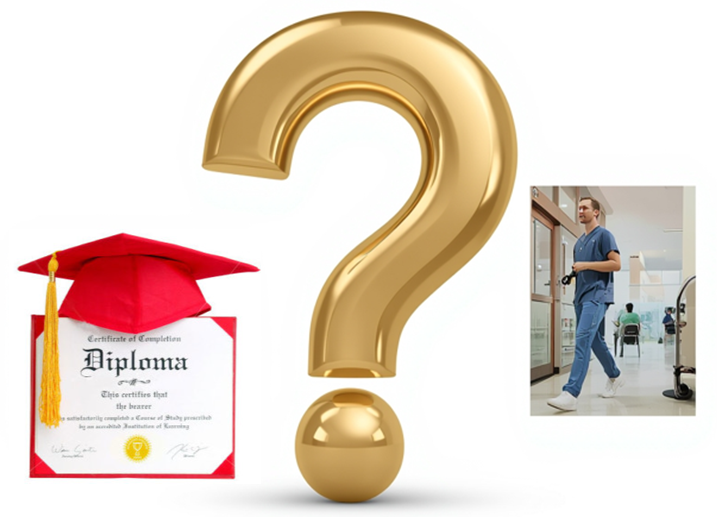PURSUING A HOLISTIC HEALTHCARE
Healthcare has come a long way. And it still has a long way to go. I don’t think anyone will argue that point. That is why I am relentlessly pursuing a holistic healthcare. I believe holistic healthcare will do more good for more people under more conditions than any other approach.
Doctors have incredibly intensive, specialized training and experience. They are very intelligent and extremely good at their jobs. However, with any area of specialization come specialized risks. This is true of any discipline and the medical discipline is no exception.
Someone once observed that if your only tool is a hammer, then everything looks like a nail. I discovered this firsthand with an orthopedic surgeon many years ago. Having experienced an unusual and prolonged pain in one of my toes, I was referred to the surgeon. After a relatively fast examination, he explained to me that I needed surgery to correct a bone calcification/deformity condition.
Having never gone under the knife, this was obviously a decision that I wanted to take some time to consider carefully. In that consideration period, I consulted with my chiropractor, Dr. Bruce Rippee with the Chiropractic Life Center. Dr. Rippee took one look at the situation and correctly diagnosed a dropped metatarsal head. With some manipulation and adjustment work, he rectified the problem. I have been ever grateful that his approach saved me from an unnecessary surgery. Perhaps you have a similar story.
For holistic healthcare to work at its best, you need three components:
- Patients that want holistic healthcare.
- Holistic healthcare practitioners.
- Conventional healthcare practitioners that understand, trust, and support holistic healthcare.
When these three components come together, holistic healthcare can operate efficiently and effectively. I have had conventional healthcare practitioners refer me to holistic healthcare practitioners and vice versa. When each practitioner understands and respects the other, then they become partners in patient care. This partnership brings the greatest benefit to the patient.
On another level, simply the partnership between the patient and the healthcare practitioner tremendously supports a holistic healthcare approach. Dr. Corey Iqbal with the Overland Park Regional Medical Center explains the concept (Andy Marso. “With Patients Having More Say in Treatment, When Do Doctors Say No?” The Kansas City Star . October 15, 2017. p. 12A):
“ I think one of the mistakes we can make as a health care provider in any capacity is when we decide to take a paternalistic approach and (say) ‘This is what it’s going to be,’ as opposed to looking at the patient-doctor relationship as a partnership. . . . My job is to impart expertise, make them experts on the condition, and then they can make an informed decision. ”
Dr. Iqbal emphasizes that as a doctor, he must remain open to alternative approaches to the patient’s condition:
“ I want to fix what’s going on with [patients]. . . . I want to have answers for them and if I don’t have the answers, I want to find innovative ways we can solve those problems. ”
I deeply appreciate the fact that Dr. Iqbal admits he does not always have all the answers. That is why he is open to alternative approaches. That attitude can only enhance the quality of his patient relationships because his patients know that he is willing to look in other directions.
Dr. Rippee also addresses the importance of that doctor-patient relationship as an essential component to successful holistic healthcare. He genuinely wants to be his patient’s partner. He summarizes his commitment to helping the patient focus on specific goals while exercising a holistic approach (personal communication on file, 10/26/17):
“ I have always focused on goal-based healthcare that takes into account what the patient would like to see from the next 1, 5, and 10 years. Then I apply the four pillars of excellent movement, nutrition, sleep, and positive thoughts to the end goal that I am given. ”
Dr. Iqbal and Dr. Rippee are just two examples among many. Increasing numbers of healthcare practitioners are awakening to the fact that healthcare intrinsically demands a holistic approach. Healthcare, by definition must be holistic. Genuine healthcare understands that a hammer is not the only tool. And the more tools we have in our toolbox and the more we use them, the happier, wiser, and healthier we will all be.
Let’s keep pursuing a holistic healthcare!











